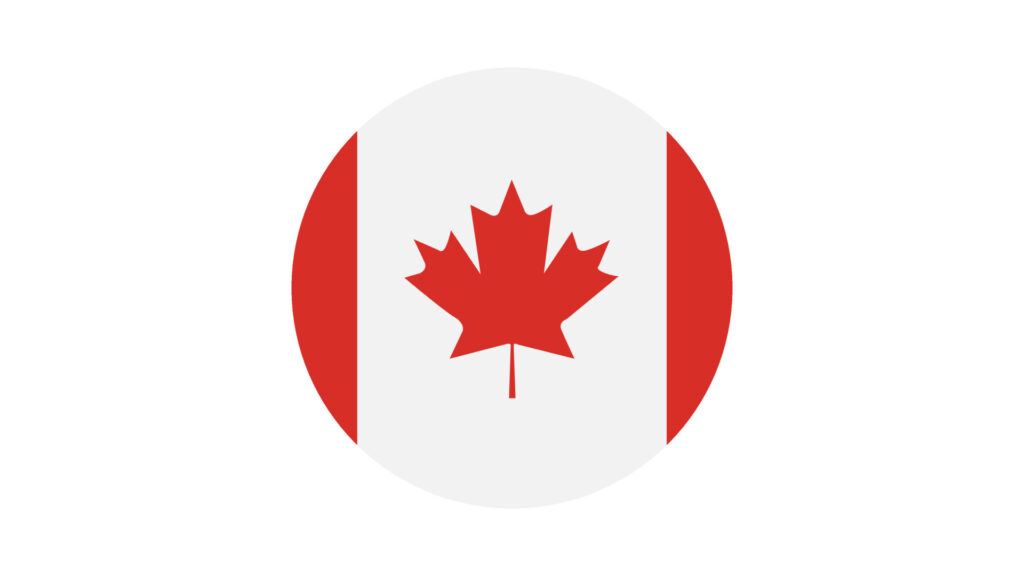In light of the frequent queries from students regarding the feasibility of pursuing studies in Canada without an IELTS test score, the unequivocal response is a resounding “Yes.” Several Canadian universities offer admission opportunities without mandating the submission of an IELTS test.
Presented below is an exhaustive compilation of universities and scholarships that present compelling opportunities for international students to embark on undergraduate, master’s, or doctoral programs without the necessity of the IELTS examination. Canada, renowned for its diverse academic disciplines and an extensive array of over 2,000 study programs, has emerged as an increasingly alluring destination for students on a global scale.
Why Study in Canada?
Canada not only boasts a diverse range of academic programs but also provides abundant opportunities for scholarships. The nation warmly welcomes international students, offering them the opportunity to acquire a world-class education from renowned Canadian universities. Below is a curated list highlighting recent scholarships in Canada, along with universities that waive the IELTS requirement for admission.
How to Apply for Admission in Canada without IELTS 2024?
For students whose prior academic qualifications were completed in English, acquiring an English Proficiency Certificate from their former educational institution is imperative. This certificate serves as validation, affirming that the applicant’s academic program was exclusively conducted in English, thereby attesting to their proficiency in the language.
During the admission or scholarship application process, applicants have the option to present this Language Proficiency Certificate to the university in lieu of an IELTS score. This alternative provides a streamlined and efficient means of demonstrating the candidate’s English language proficiency, facilitating the application process for both the applicant and the university.
Moreover, students have the option to contact individual university departments directly or explore the university’s official website to seek information regarding English language requirements.
List of Universities Without IELTS 2024:
- University of Alberta (Faculty-wise requirements may vary)
- Memorial University of Newfoundland and Labrador
- University of Saskatchewan (Faculty-wise requirements may vary)
- Brock University
- Queens University, Canada
- Cambrian University
- University of Regina
- Memorial University of Newfoundland
- Concordia University
- Algoma University
- University of Winnipeg
- Brandon University
- Carleton University
- University of Guelph (Faculty-wise requirements may vary)
Scholarships Available in Canada 2024:
1. University of Saskatchewan Graduate Scholarships
- Offered by the Canadian Government for postgraduate degree programs, including MS/PhD.
- Open to national and international students. Apply Now
2. Vanier Canada Graduate Scholarship:
- Offered by the Canadian Government for postgraduate degree programs, including MS/PhD.
- Open to national and international students.
- Selects more than 160 students worldwide. Apply for Vanier Canada Graduate Scholarship
3. Prime Minister of Canada Scholarships:
- Supports master’s and PhD degree programs at Canadian universities.
- Annual support for 3,000 students. Apply for Prime Minister of Canada Scholarships
4. Presidential Scholarships in Canada:
- Offers 100 scholarships.
- Available for bachelor’s, master’s, and PhD degree programs. Apply for Presidential Scholarships in Canada
Required Documents:
When applying for admission without an IELTS score, students should be prepared to submit the following documents:
- English Proficiency Certificate:
- Confirming that the applicant’s previous educational degree was conducted entirely in English.
- Educational Transcripts:
- Academic transcripts from previous educational institutions.
- Application Form:
- Completed application form for the respective university or scholarship.
- Passport:
- Copy of the passport for identification purposes.
- Resume or Curriculum Vitae (CV):
- A detailed resume or CV highlighting academic and extracurricular achievements.
- Letter of Intent:
- A well-articulated letter expressing the applicant’s intent to study at the chosen institution.
- Recommendation Letters:
- Letters of recommendation from teachers or employers.
- Any Additional University-Specific Requirements:
- Some universities may have specific requirements; therefore, it is crucial to check the individual university’s website for additional documents.
